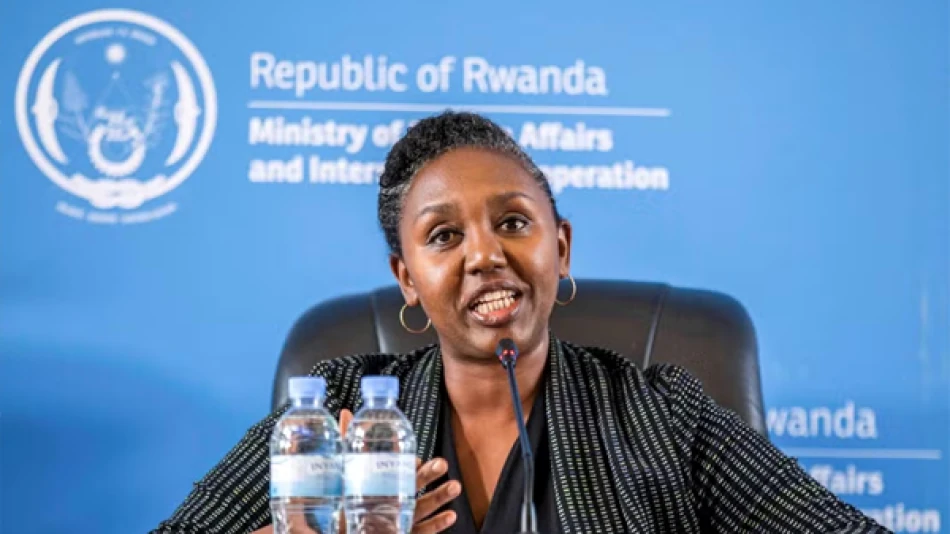
Deported Migrants Arrive in Rwanda: Navigating a New Chapter
Rwanda Receives First US Deportees Under Trump's New Migration Partnership
Rwanda has confirmed the arrival of seven migrants deported from the United States in mid-August, marking the first group transferred under a controversial new agreement between Kigali and Washington. The deal represents President Trump's latest effort to externalize America's immigration enforcement through third-country partnerships, following similar arrangements with South Sudan, Eswatini, and El Salvador.
A Strategic Shift in US Immigration Policy
Since returning to the White House in January, the Trump administration has aggressively pursued agreements that allow the US to deport foreign nationals to countries other than their nations of origin. Rwanda's willingness to accept up to 250 deportees signals a significant expansion of this approach beyond traditional regional partners.
The East African nation announced its participation in the program in early August, positioning itself as a key player in America's immigration strategy. Government spokesperson Yolande Makolo confirmed that all seven deportees have received "appropriate support and protection from the Rwandan government," though she declined to specify their nationalities.
Mixed Reception Among Deportees
The initial group's response reveals the complex human dynamics of third-country deportation policies. According to Makolo, three of the seven migrants have expressed desire to return to their home countries, while four have chosen to remain in Rwanda to build new lives.
This split underscores the challenging position these individuals face—caught between countries they cannot legally enter and nations they never intended to call home.
Rwanda's Growing Role as a Migration Hub
Rwanda's agreement with the US builds on its emerging reputation as a destination for externalized migration policies. The country previously signed a controversial deal with the United Kingdom to accept asylum seekers, though that program faced significant legal and logistical challenges.
For Rwanda, these partnerships offer potential economic benefits through international payments and development aid, while also strengthening diplomatic ties with major powers. The country's stable governance and improving infrastructure make it an attractive partner for Western nations seeking migration solutions.
Broader Implications for Global Migration Policy
The Rwanda-US arrangement reflects a growing trend of wealthy nations outsourcing migration management to developing countries. Similar to Australia's Pacific Island detention centers and the EU's partnerships with North African states, these agreements raise questions about responsibility-sharing and human rights protections.
The success or failure of Rwanda's program could influence future US immigration policy and inspire other nations to pursue similar third-country arrangements. With 243 deportee slots still available under the current agreement, the coming months will test both countries' commitment to making this controversial partnership work.
As global migration pressures continue to mount, Rwanda's role as a willing partner in US immigration enforcement may signal a new model for managing displacement—one that prioritizes political solutions over traditional asylum frameworks.
Most Viewed News

 Layla Al Mansoori
Layla Al Mansoori






